Meet Nicola Gardener from Brighton, UK. She’s a British Army Veteran, who sought an adventurous career upon departing the service. Nicola has a nursing degree from Birmingham City University, a Bachelor of Science in Health Care Studies from the University of the West of Scotland, and a Post-Graduate Certificate (M.Sc.) in Occupational Health and Safety Management from Portsmouth University.
Nicola found her new career in the North Sea as a Medic and HSE (Health, Safety and Environment) Advisor. On ships and platforms, Nicola is responsible for the crew’s medical care and all health, safety, and environmental matters.
Nicola has worked offshore for the past 6 years. We wanted to learn more, so we interviewed her to find out what life has been like for her post Army:
Nicola, what inspired you to work on the water?
“I was in the army for 8 years. I didn’t want to stay, but I didn’t want the adventures and challenges to stop. I love the sea, ships and machines and I wanted to see more of the world. I am very autonomous in my practice and, from a medical perspective, I wanted the challenge that a remote environment would bring.”
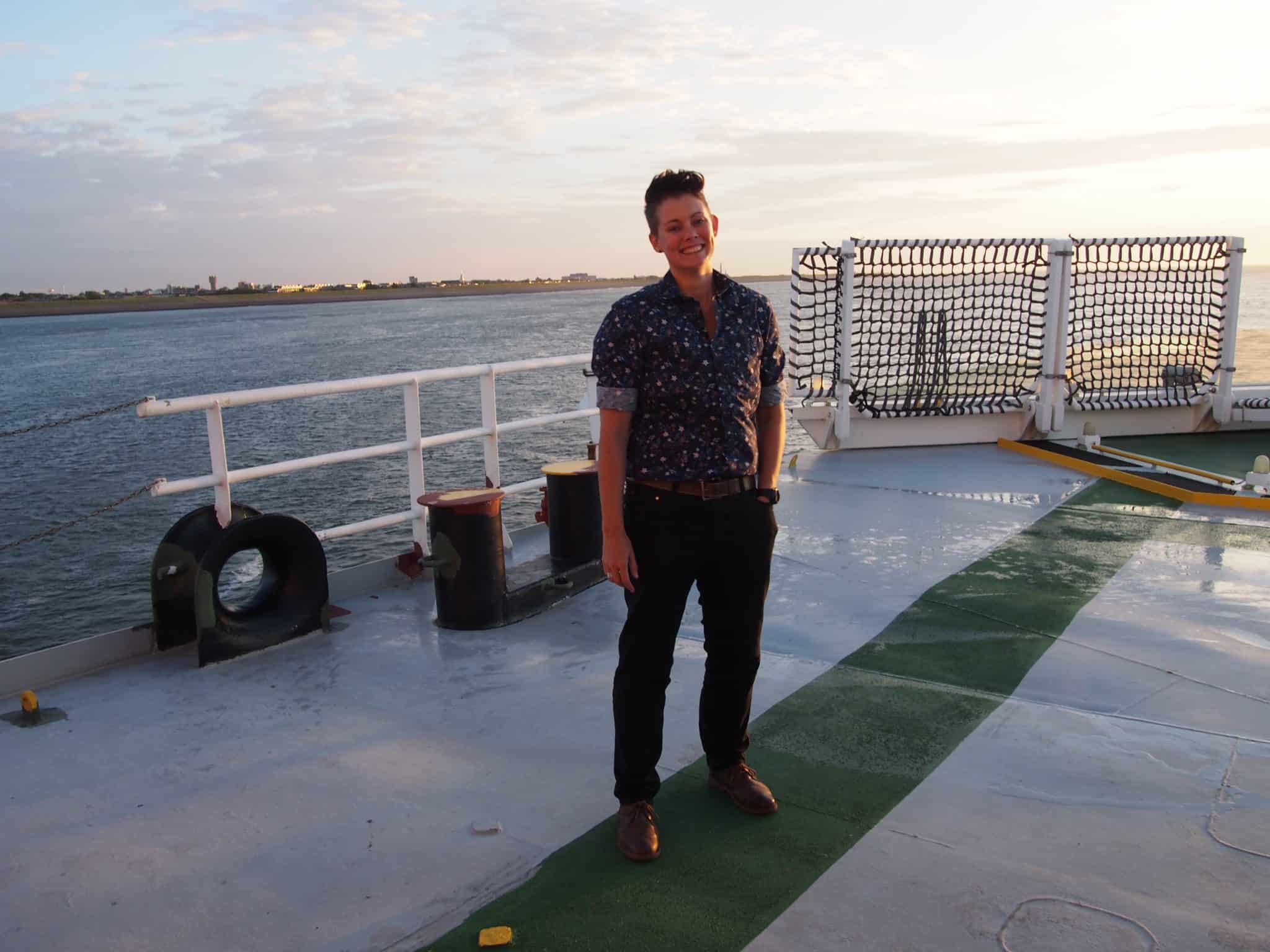
Please share a memorable experience you’ve had at sea.
“My very first trip offshore. I had a bacterial throat infection. I was in so much pain, but I went anyway – I wasn’t going to miss that trip!
After 4 flights I arrived in Tromsø, a city in Norway that never gets dark in the summer. They took me to a doctor and I was given antibiotics. When asked by the boss if I could still go on the 6-week trip, I replied in a raspy voice that only the most swollen of throats can produce, ‘Yes, of course!’
That night, in the hotel I vomited. Only twelve hours before getting on board the following morning.
The ship left in the morning and I got so sea sick. I dragged myself to the sick bay to try and at least see what [medical supplies] they had, in case there was an emergency I needed to assist on. I then, spent 3 days vomiting in my cabin, not seeing a soul. The transit to the work site was 5 days sailing time, so, they left me to it…!
Eventually, I emerged from my cabin, and the sweet Filipino cook advised me to try some Weetabix [breakfast cereal], to which I suggested, I’d be better off to go and get some air! A few days later we started seeing the ice. Following the ice breaking ship, our seismic ship was on an expedition to survey the sea bed, below the ice caps of Greenland!
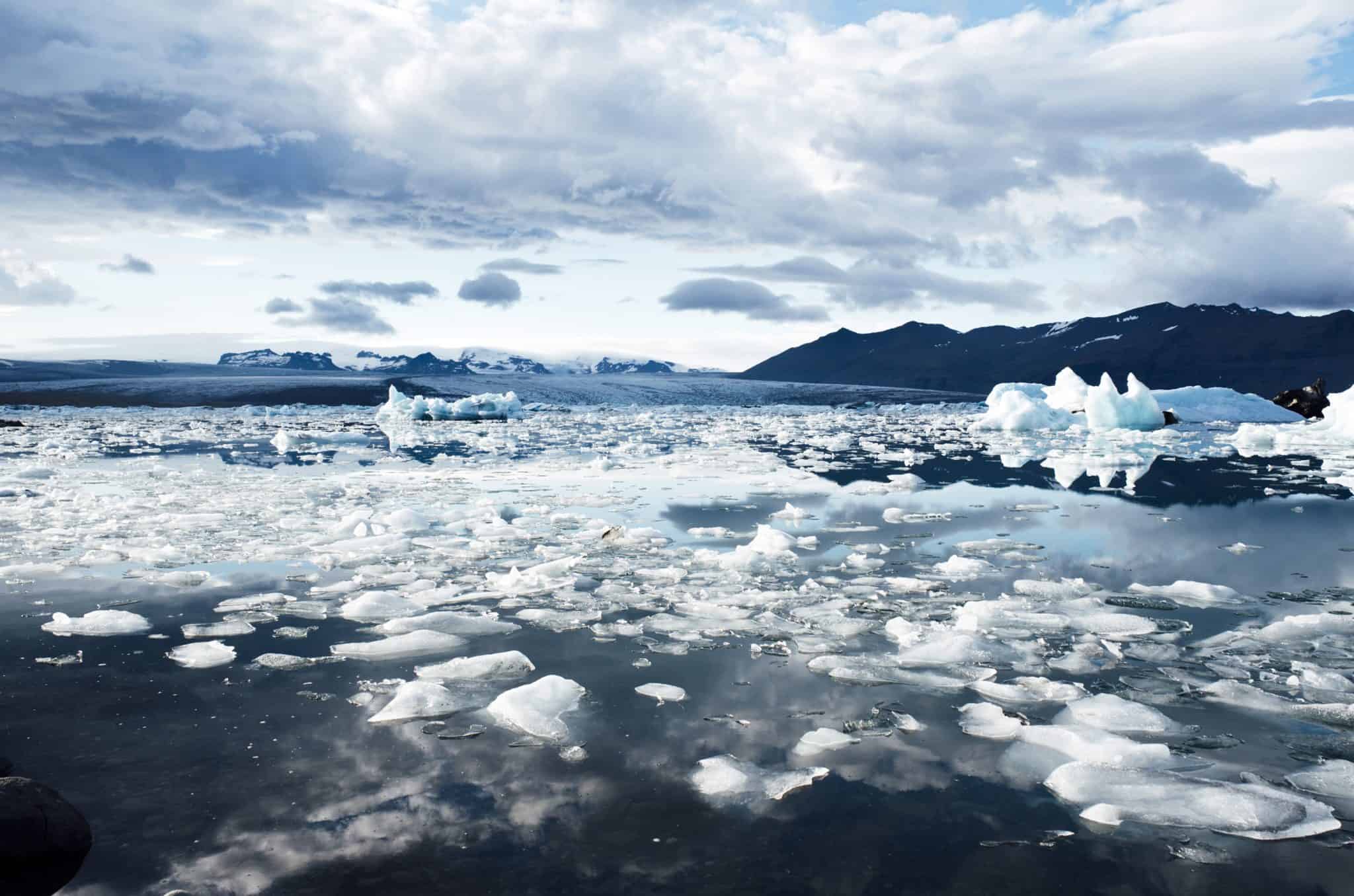
This trip blew my mind! Sailing through the ice caps, the sun never setting, seeing nature up close and personal, with seals, whales, and the majestic polar bears, so close to our ship. We crew-changed in Svalbard, the most northern island archipelago (located between Norway and the North Pole) in the world. I will never forget those six weeks that I was on top of the world. It was so incredible and I couldn’t believe I was being paid to be there!”
What motivates you to continue working on the water if it’s a long-term career for you?
“This life fits me. During the [industry and economic] downturn, I worked in a doctor’s surgery office, on land, for 6 months. I used to walk my dog along the beach and wish I was back out at sea. I wasn’t me anymore. I missed the shifts, the work life balance, the adventure and the challenge. I also feel that the more females that are out here, the easier it will become for us! I can’t imagine working a 9-5. I love big machines, ships, construction – so interesting!”
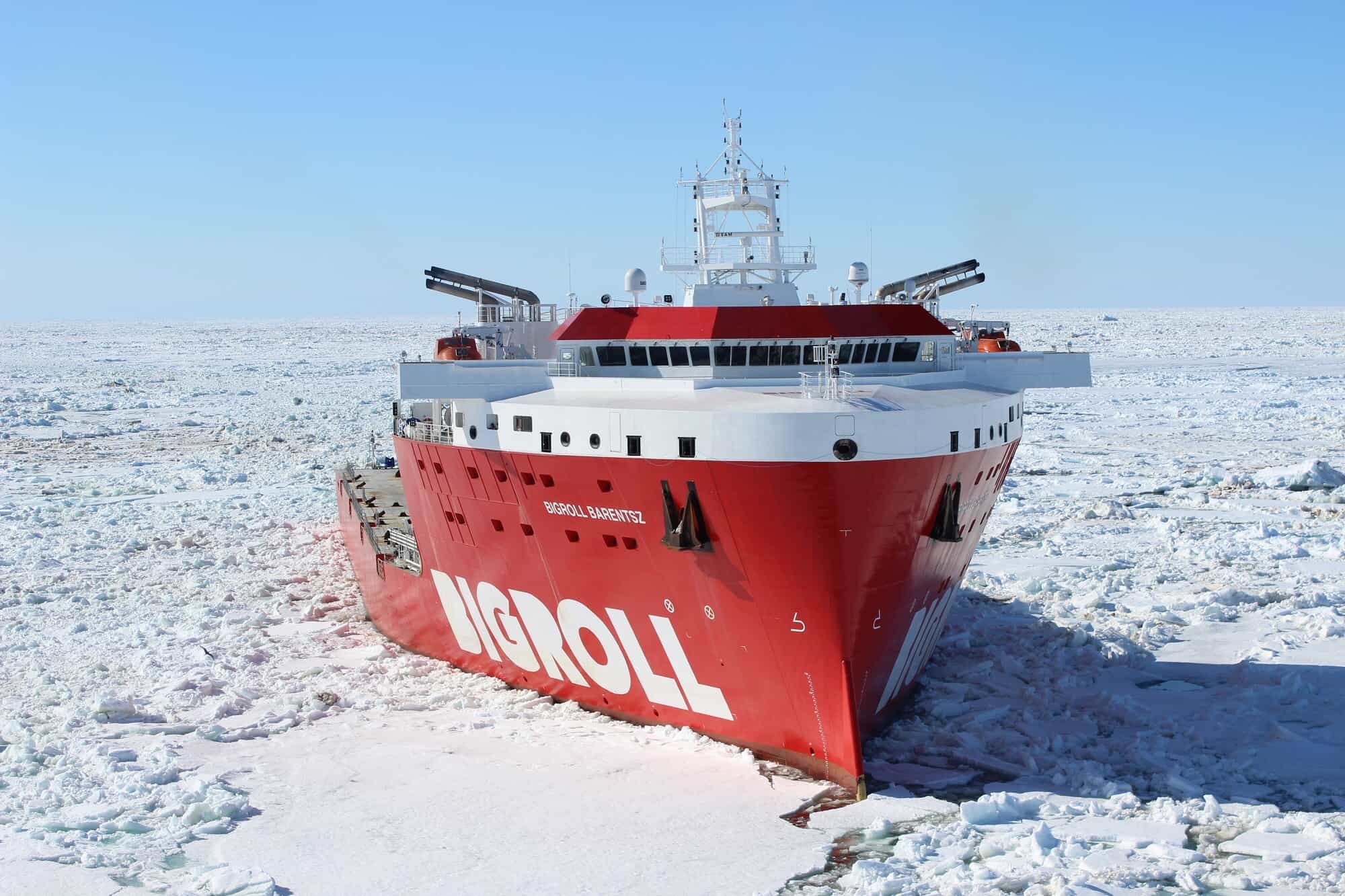
What challenges have you faced in your career?
“Many. Mostly gender issues and employers ignoring important health and safety issues. I work with multi-cultural crews and many are not used to a female being in charge, a female being strong, capable and independent – or having short hair, or not being into guys. I try to remind myself that I shouldn’t expect all cultures to be gender-inclusive. I won’t be walked on and will stand up for myself. I am, however, more gentle than I used to be, in my approach. If a guy offers to carry a box or something for me down the stairs, I oblige. I see it as getting help to get my job done quicker. And, I would help them, too. I don’t shy from physical work, either. If we received stores (supplies) for instance, I help out and do my part.
My work motto: I don’t expect, I educate.”
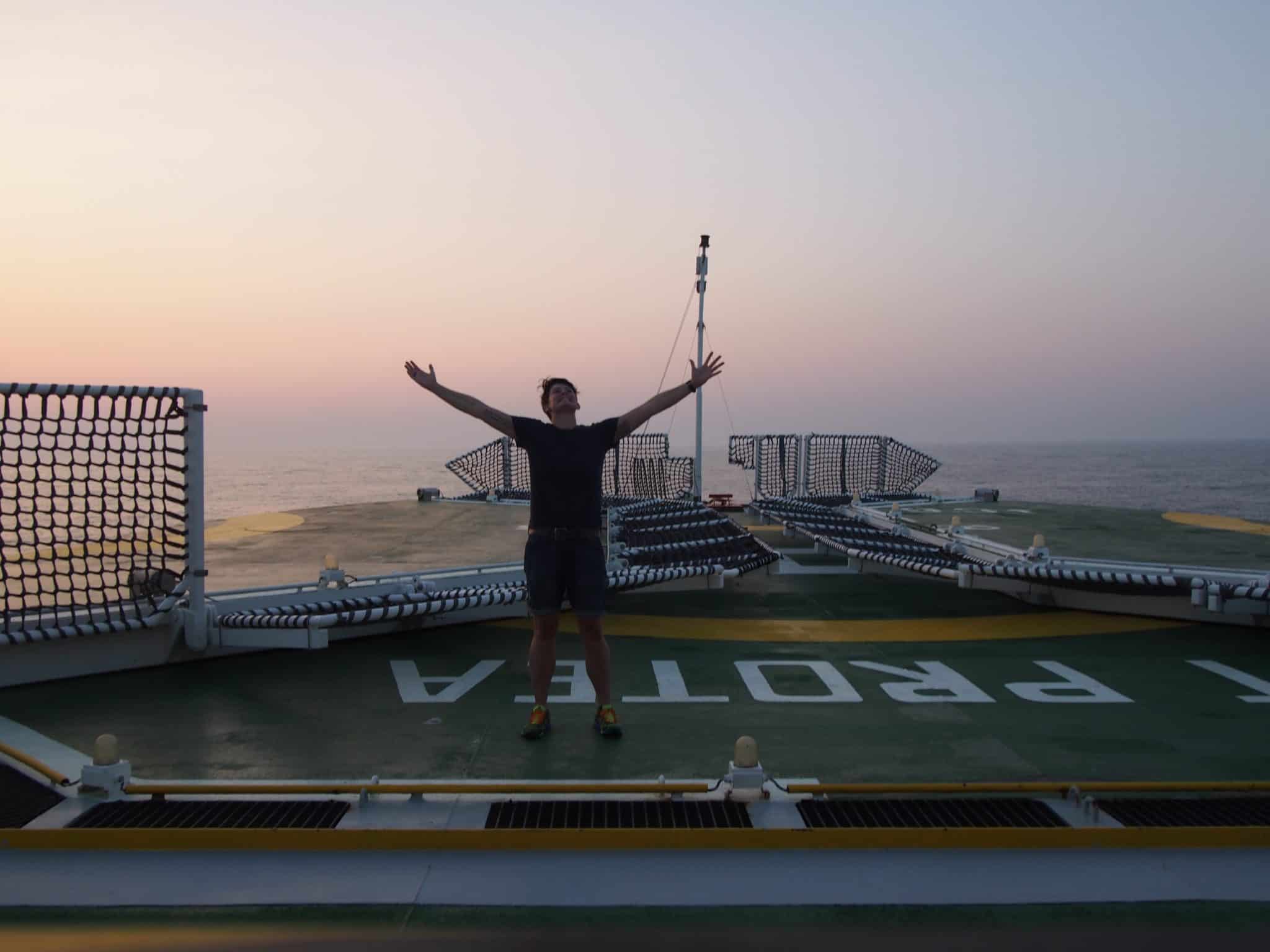
What do you think can be done in your industry to encourage more women to pursue similar careers?
“1. Social media pages, like Women Offshore’s Instagram page, show others that they can do it. Keep building those online communities. When life gets tough, those women will have ease of access to reach out for that support, online. Even if it’s just an ear, or some advice, it’s helpful. Because someone out there will have a similar experience to give advice on.
2. Encourage females to work together, not against each other. I often see that if there are 2 or more females on a ship, they will see the other as competition, and the guys will play on it. We are not each other’s competition! This is some remnants of an age-old method, implemented by patriarchs in the times of burning witches, to try to kill and dispel our sisterhood!
3. People like us [in the field], speaking as representatives at job fairs and events like the Women of the World. It also starts at schools. We need to get in there! Tell us how we can help – I am more than willing!”
Nicola, we hope that your strong, bright, beautiful light never dulls! Keep up that ambitious spirit and we hope to hear more from you, as your career sails on!
The Women Offshore Foundation is an online organization and resource center for a diverse workforce on the water. Its mission is to propel women into meaningful careers through access to a worldwide community and professional development resources, while raising awareness amongst industry leaders and decision makers about issues affecting women on the water. Contact Women Offshore today: hello@womenoffshore.org.

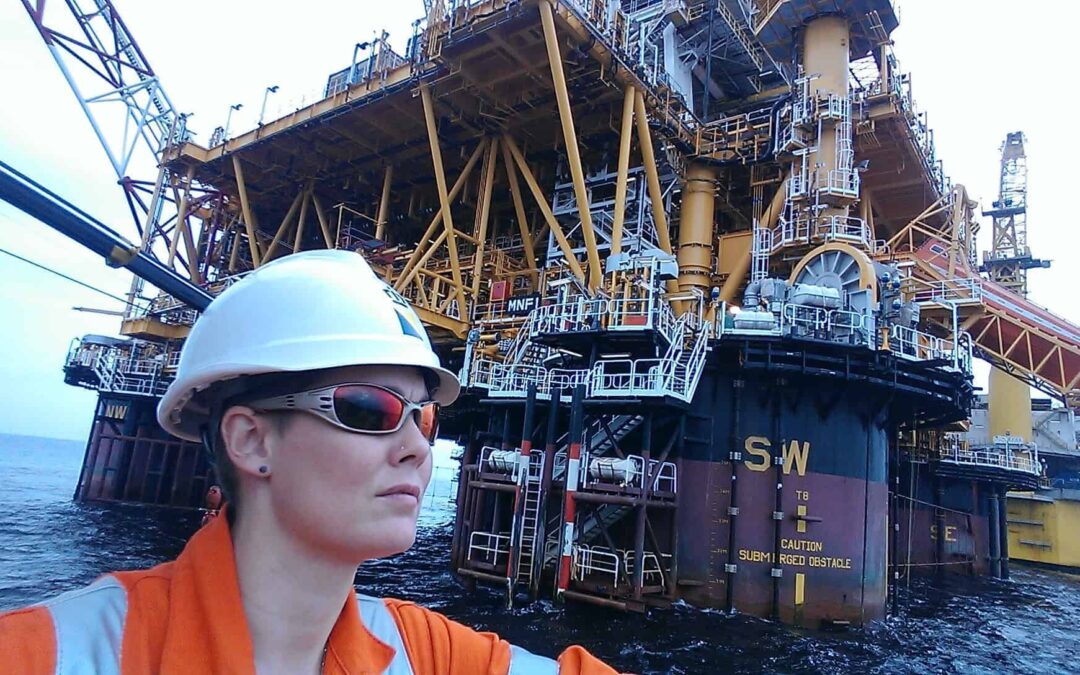
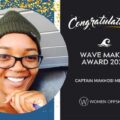
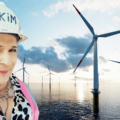
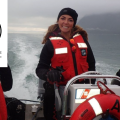
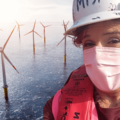
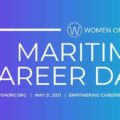

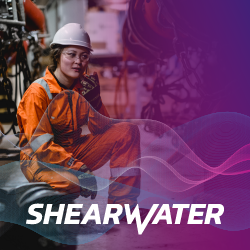
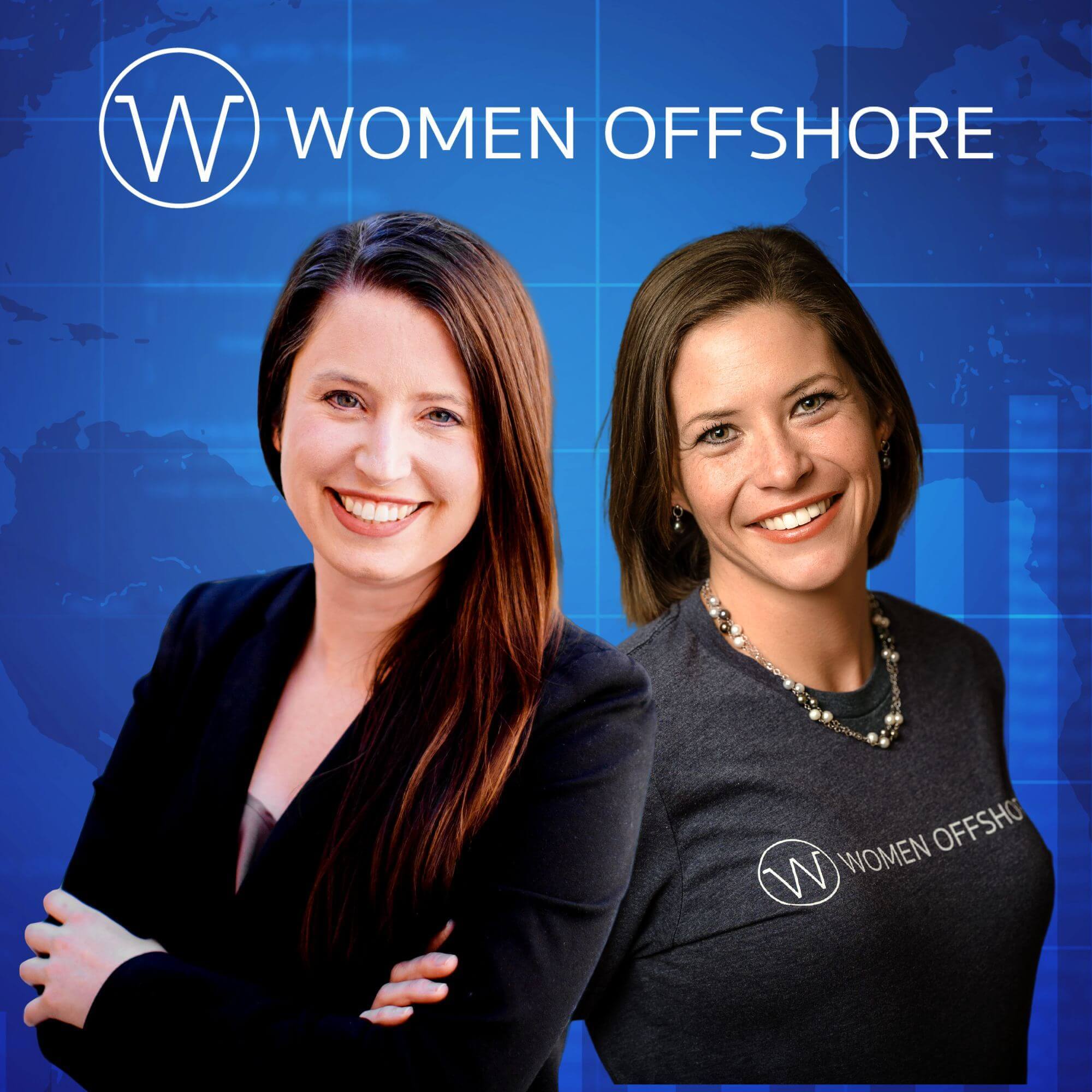

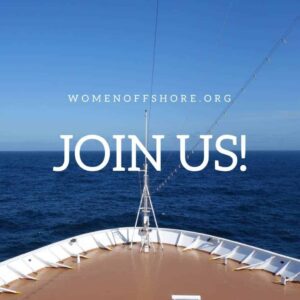
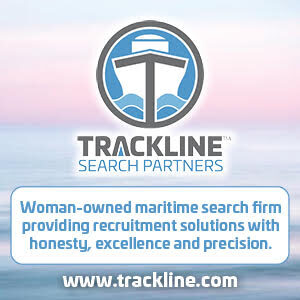
Thank you Nicola!! Very inspiring, happy to hear about some of your many adventures. All the best!
Yes, I am also one of the new Women Offshore Medic in time. I am enjoying my new career as one of the remote doctors offshore. It is really a total change of work environment. I am a Fellow of the Philippine Pediatric Society, a practicing pediatrician onshore but now I am at the center of North Sea as an Offshore Medic. Not knowing where I am exactly but I am seeing the flat surface above sea water. We are working in pipe-laying vessel and was very amazed how they do it. Great minds and invention was truly an art. I agree with Nicola, working with all diversity from gender issues, multi-cultural differences, but I still acknowledge that I am like working with a family offshore. I am enjoying now my new career. Maybe one of the strong Filipina offshore medic!